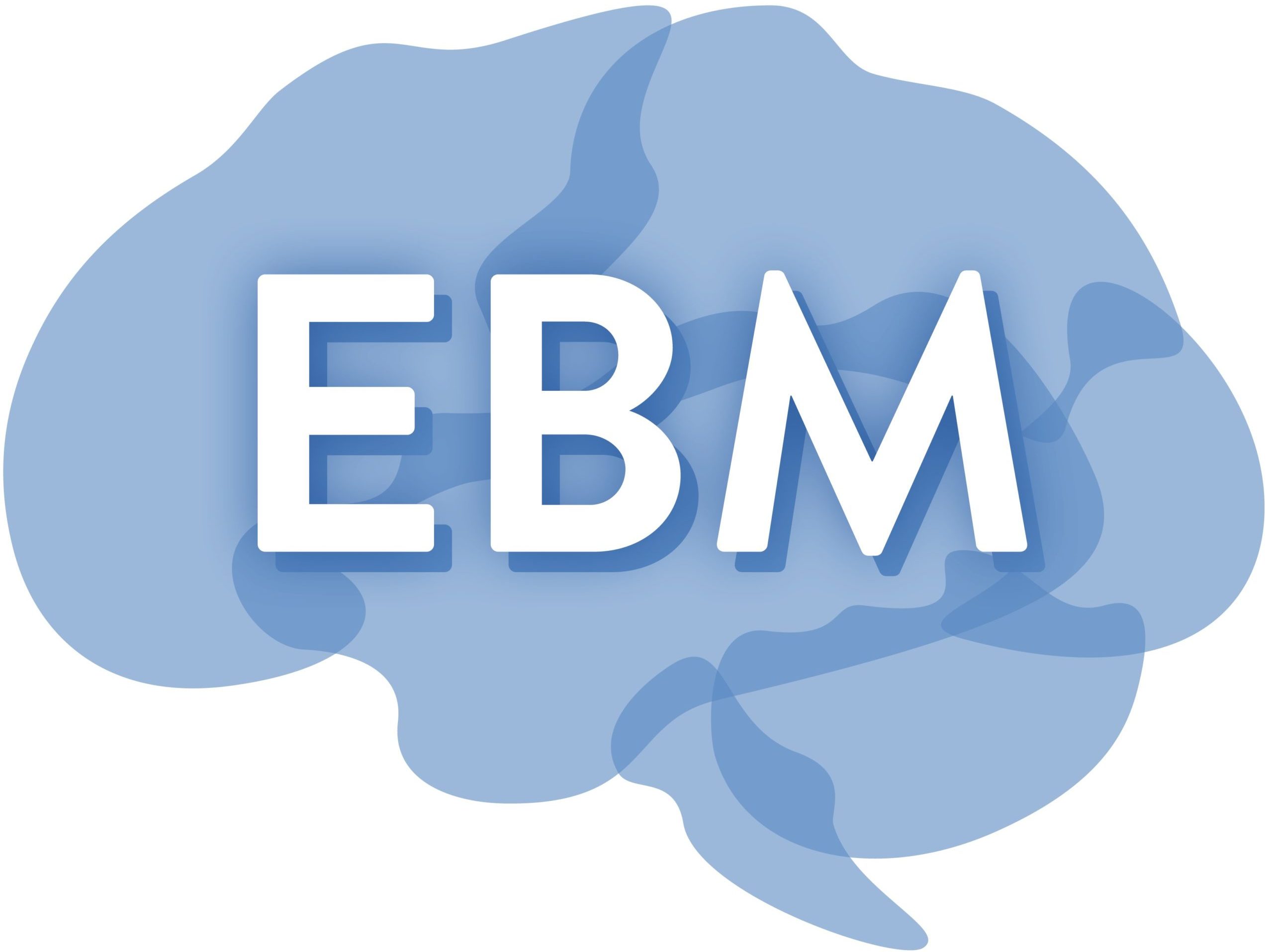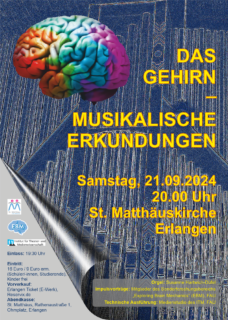Science and Organ: „Das Gehirn – musikalische Erkundungen“
Science and Organ – with the astronomical organ concert „Die Register des Universums,“ Kirchenmusikdirektorin Susanne Hartwich-Düfel has established a new format over the past two years at the Matthäuskirche in Erlangen. This innovative series combines science and organ music, offering fascinating insights into various scientific fields. It appeals to people in a special way, inspiring them whether they are scientific experts or simply wish to absorb the impressions without prior knowledge.
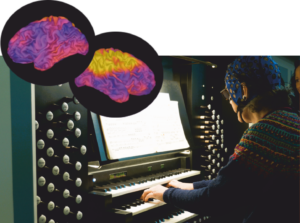
The Matthäuskirche, with its magnificent new organ and neutral interior, provides an ideal venue for such events. Its proximity to the Technical Faculty, the Faculty of Sciences, and the Siemens Campus naturally connects it to the university and research facilities.
On September 21, 2024, another highlight of the series “Science and Organ” will take place: the event “Das Gehirn – musikalische Erkundungen” (The Brain – Musical Explorations“). The scientific part of the event will be organized by the Collaborative Research Center CRC 1540 “Exploring Brain Mechanics” in collaboration with the Media Studio of Friedrich-Alexander-University Erlangen-Nürnberg.
Exploring the brain represents one of the most fascinating and complex areas of science. As the center of our nervous system, the brain controls not only all bodily functions but also generates our emotions, perceptions, and thoughts that determine our behavior. Despite decades of research, many of its secrets remain unresolved. Particularly intriguing is how mechanical forces and physical processes influence the function and health of the brain.
This is precisely where the Collaborative Research Center (CRC) 1540 “Exploring Brain Mechanics” (EBM), funded by the German Research Foundation (DFG), comes in. The primary goal of EBM is to explore the mechanical aspects of the central nervous system, including the brain and spinal cord, using innovative approaches. Studies indicate that mechanical factors such as cell forces and tissue properties play a crucial role in brain function and development. The aim of CRC 1540 EBM is to make advances in neuroscience through the investigation of these mechanical signals, opening new possibilities for diagnosing and treating neurological disorders. Over 70 researchers from seven institutes and departments of Friedrich-Alexander University Erlangen-Nürnberg, Erlangen University Hospital, the Max Planck Institute for the Science of Light, and Charité – Universitätsmedizin Berlin are involved in CRC 1540 EBM.
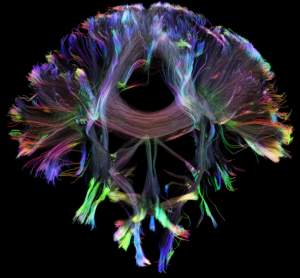
In the event „Das Gehirn – musikalische Erkundungen“, scientific impulse lectures merge with organ music to create a unique audiovisual experience. The goal is to convey science through experience and learning. Participants will embark on a fascinating journey through the various facets of the brain, supported by musical performances, visual impressions, and scientific explanations. The event aims to deepen participants‘ understanding of the complexity of the brain and its central role in human life.
„Das Gehirn – musikalische Erkundungen“ is aimed at people with diverse backgrounds and interests, regardless of their familiarity with the specific scientific field. It appeals to both science enthusiasts and music lovers, designed to spark curiosity about the complex world of the brain.
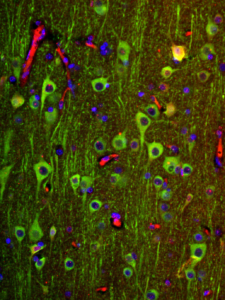
Insights into the brain, alongside 3D models, microscopy images, magnetic resonance imaging, brain activity measurements, and computer simulations, will be presented during the event. These visual elements offer participants a unique perspective on the structures and processes in the brain. The influence of music on brain waves will also be impressively demonstrated.
The organ music performed live by Kirchenmusikdirektorin Susanne Hartwich-Düfel at the event „Das Gehirn – musikalische Erkundungen“ is tailored to the mood and themes of brain research, enhancing the emotional facets of the explorations. The selection of pieces, ranging from classical compositions to modern works, aims to reflect the various dimensions of the brain and create a connection between musical art and neurological understanding. Selected pieces include works by Philip Glass („Satyagraha“ and „Dance No. 4“), Arvo Pärt („Annum per annum“ and „Mein Weg hat Gipfel und Wellentäler“), Johann Sebastian Bach („Passacaglia“), and Sofia Gubaidulina („Hell und Dunkel“).
We look forward to welcoming you on September 21, 2024, at 20:00 at Matthäuskirche Erlangen!
Tickets for this unique combination of music and science are available through the ticket portal Reservix (https://is.gd/7PoJWF) or at the on-site box office.
An interview with the project coordinator, published in the FAU Newsletter, can be found here.
